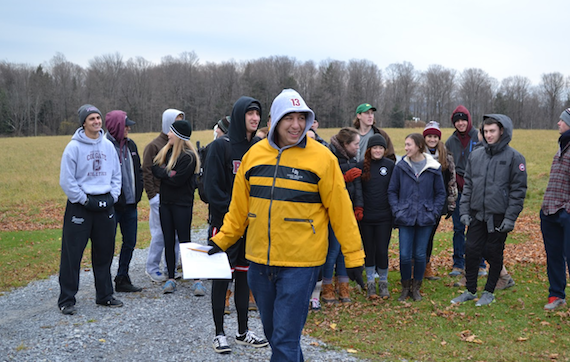www.youtube.com/watch?v=2VwvUJhvUqE
Colgate University begins work on the relative effectiveness of aerial drone surveillance equipment, against unskilled “terrorists” equipped only with mobile phones.
Their ‘experiment’ used students who’d been given several weeks to work out how to use the technology, and “terrorist” students given no planning opportunities, who’d arrived with just their mobile phones and a commercially available group organisation app.
The game was a simple version of ‘coastguards and smugglers” – to get team members safely across a line.
As you’d expect, the surveillance team students made confident assumptions, but when one of their drones failed, degenerated quickly into anarchy and the “terrorists” won with ease.
It seemed to me that the huge effort and expense of creating workable surveillance systems and getting people trained up to use them might, especially in view of their unreliability, be better utilised in negotiating settlement of the issues that create the dissent.
Once the real issues are known, the small number of actual terrorists can be separated from the people who support them by removing the problems and inequalities that led to their dissent in the first place. Such an approach would have greatly reduced the death, injury and financial cost of past terrorist campaigns – and those of the future.
It’s what the Brits did in Malaya and (eventually) in Northern Ireland.
